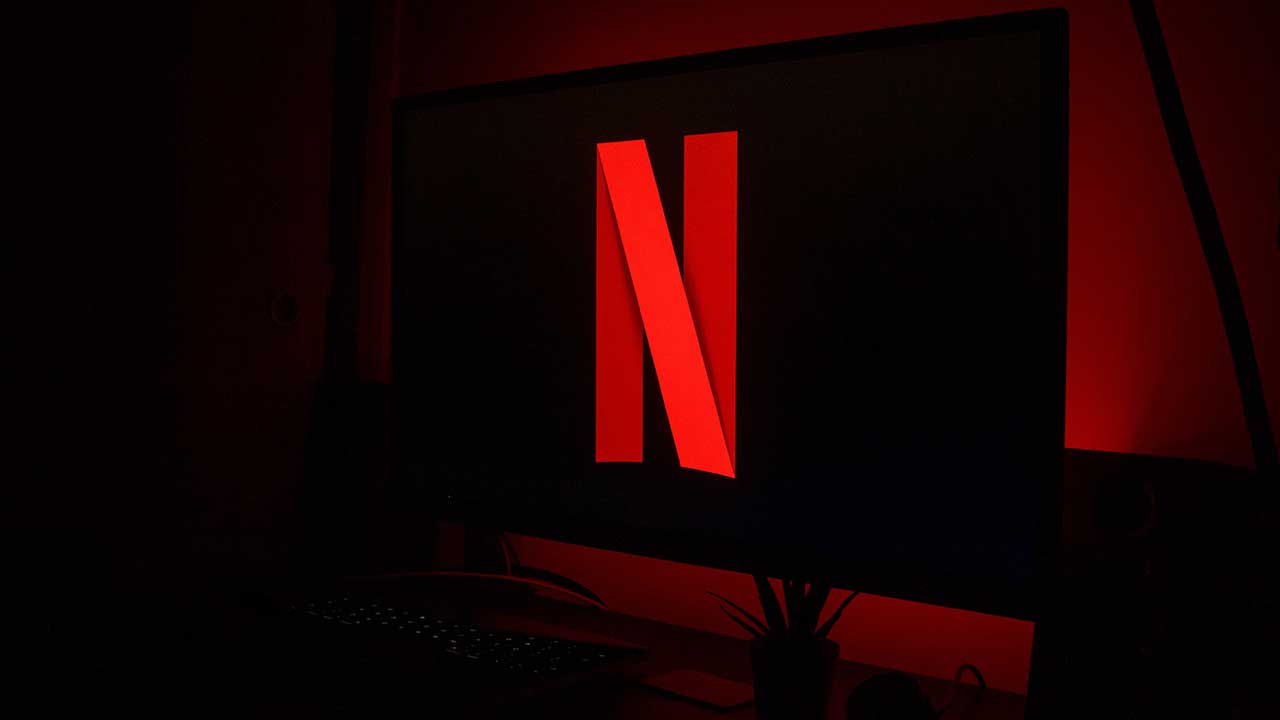Elon Musk, Tesla CEO, attends the opening of the Tesla factory Berlin Brandenburg in Gruenheide, … [+]
ASSOCIATED PRESS
An incredibly wealthy person quietly accumulated shares in a company some deem undervalued. That investor has gone public with concerns about the firm, questioning everything from its basic revenue model to employee culture, and rejected an offer from the business to join its inner circle and call off the attack.
We’ve seen where a scenario like this ends up dozens of times over the past decades: The rich shareholder is perfectly positioned to intiate a hostile takeover of a company. And now that’s the reality confronting Twitter after Elon Musk has decided not to take a board seat, a role for him announced with some fanfare last week by CEO Paragra Agrawal and founder Jack Dorsey. A day earlier, Musk, the world’s richest person, had revealed he’d amassed a 9.2% stake in the company making him the company’s largest shareholder.
“This now goes from a Cinderella story with Musk joining the Twitter board to likely a Game of Thrones battle bewteen Musk and Twitter, ”says Dan Ives, a Wedbush analyst who covers Tesla, one of two companies Musk runs. (SpaceX is the other.)
What happened? Over the weekend, Musk took to Twitter to throw out a number of suggestions for changing Twitter. Musk suggested Twitter could change nascent plans around its subscription product, Twitter Blue and seemed to advocate for elminating ads, which account for nearly all of Twitter’s $ 3.7 billion in annual revenue. Further, Musk threw out ideas for Twitter’s headquarters (convert it to a homeless shelter) and even the company name (drop the “w” to form a crude joke). When Musk talks, he reaches an incredibly wide audience: He has over 81 million followers on Twitter, making one of the most closely watched people on the app.
But most startling was his tweet on Saturday posing this question: Is Twitter dying? It was Musk pointing out that some of Twitter’s most followed accounts rarely publish content, drawing attention to limited activity from accounts run by celebrities such as Rihana, Justin Bieber and Taylor Swift.
Musk’s tweet storm further unnerved Twitter employees, who already ended the week worried about what effects his disruptive presence could have on the board. His tweet about Twitter and the inactive but widely followed accounts drew swift condemnation from God-Is Rivera, the company’s global director of culture and community.
“As a frequent tweeter you should know that follower count isn’t always king,” she wrote in a tweet replying to Musk’s original. “People who push conversations forward, build equity within communities, & offer unique perspectives are what make this app vibrant.”
Agrawal and Dorsey had worked to quickly embrace Musk, praising him on Twitter and announcing his board seat a day after Musk. Twitter successfully tried a similar strategy with activist investor Elliott Management in 2019 when it acquired a stake in Twitter and sought changes at the company. But the plan didn’t seem like it would work as well with an investor like Musk, who has channeled a chaotic management style while running Tesla and SpaceX — often using Twitter to publish controversial statements about those companies’ plans.
The agreement that would’ve put Musk on the board included a stipulation: Musk couldn’t accumulate more than 14.9% of the company. Since he’s not joining the board, he can buy up as much stock as he can. Much of his fortune is in Tesla shares, so if he wanted to launch a takeover bid, he’d likely want to team up with a private equtiy firm or some other financier.
Twitter doesn’t have the dual-share classes that many public tech companies (Meta, Alphabet, Snap) do. Those systems leave voting rights — control — with a company’s founders, protecting them against a Musk. Without this Twitter could adopt a so-called poison pill plan, a costly move where it sells stock at a discount to dilute an aggressive shareholder’s stake. Kohl’s and Papa John’s have both adopted such plans over the last couple years to ward off encroaching investors.
Twitter shares, which fell 3.7% in pre-market trading Monday, had been hit in recent months over concerns it would fall short of goals set by Dorsey before his departure to dramatically expand revenue and users by next year. The stock lost nearly half its value from last October through March.
The company has long struggled to marry its cultural importance with a strong business engine. It was founded in 2006, went public nearly seven years later and saw its stock approach $ 70 a share a few months after the IPO. But shares languished after that and didn’t climb above $ 70 until the pandemic when Twitter and other internet companies saw a surge in users during lockdowns.
The disconnect between a promising company underdelivering is often a lure for a corporate raider, who see an opportunity to buy up stock on the cheap, improve the business and sell out at a profit. Remember: Elliott did this very thing, buying up shares in 2019 before wining several concessions from Twitter management, including more aggressive growth targets and a success plan for Dorsey. Dorsey left Twitter in November, turning the CEO job over to Agrawal.
Musk’s arrival last week buoyed the stock significantly, and even after the pre-market selloff, the shares are up nearly 20% since he unveiled his shareholding. That means Musk has made it more expensive for himself if he does choose to go Game of Thrones on Twitter.












/https://specials-images.forbesimg.com/imageserve/5fe3488a1aff731d108d2da7/0x0.jpg)
